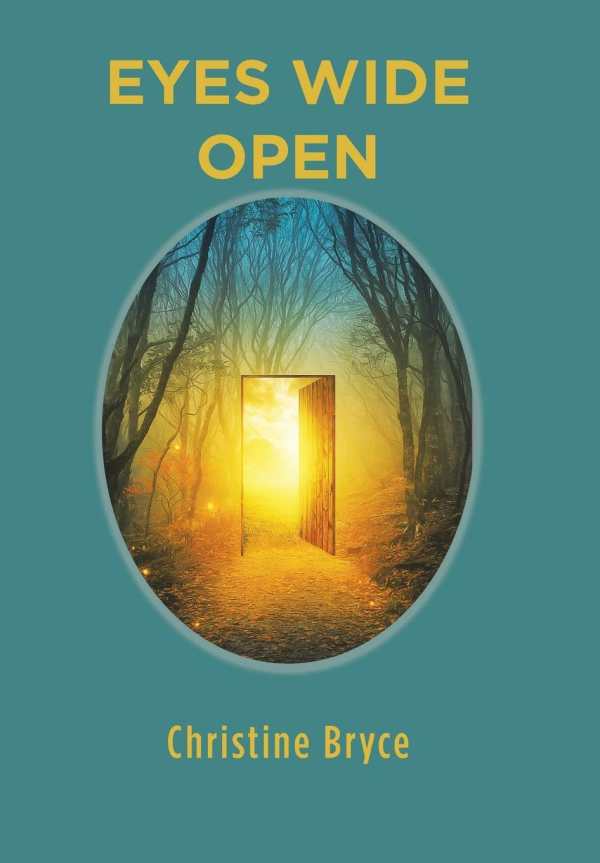Eyes Wide Open
Eyes Wide Open is a hopeful self-improvement book that suggests that deeper insights are possible at any age.
Christine Bryce’s thoughtful self-improvement book Eyes Wide Open is made up of a series of loosely linked essays about better understandings of reality.
Concerned with what makes each person unique, and aimed at helping its audience better understand others, this book seeks to help people who are unable to live their dreams because of their emotional baggage. To do so, it first considers the internal psychological wounds that might hinder a person’s self-awareness and their ability to have a wonderful life. It then switches to considering topics like love, science, and self-fulfillment, and closes with a consideration of how to find the good in oneself, putting aside expert advice and following one’s own heart.
To foster increased awareness, a progressive series of seven essays on topics including seeing through the “cloud” of confusion, the perception of reality, and love are forwarded; they represent an effort to understand the human condition. With the belief that it is possible for individuals to better understand their psychological experiences of the world by coming to grips with, and overcoming, their own internal conflicts and buried emotions, the book argues that true happiness is possible if people let go of unrealistic expectations and enjoy what is really happening. These foundational ideas, while intriguing, are not fully explored; the text leaves the audience with more questions than answers.
Here, the “internal self” is vast, and it takes work to make dreams real. It also takes really understanding others—considering where they are coming from, and how subjective life can be. The book builds upon such observations by defining its psychological terms; through thought experiments that consider how people impact each other; and through metaphors, as of the fingerprint of a person’s psychology. These features help to drive home its key points. Further, two essays close with poems that highlight themes from the material, and this blend of styles makes the work more approachable, narrowing and clarifying its ideas.
Addressing their audiences directly, each essay begins with a philosophical idea or question to expand upon. However, these expansions are brief; when considering the laws of nature, for example, the book devotes just two pages to the weighty, philosophical topic. Its style stream of consciousness, the text contains jumping sentence fragments and shifts from topic to topic. There’s such a range of philosophical ideas and psychological perspectives within the book that presentations of any given topic are rapid fire; compressed in short spaces, the book’s arguments are difficult to follow, and some seem shallow.
Eyes Wide Open is a hopeful self-improvement book that suggests that deeper insights are possible at any age.
Reviewed by
Jeremiah Rood
Disclosure: This article is not an endorsement, but a review. The publisher of this book provided free copies of the book and paid a small fee to have their book reviewed by a professional reviewer. Foreword Reviews and Clarion Reviews make no guarantee that the publisher will receive a positive review. Foreword Magazine, Inc. is disclosing this in accordance with the Federal Trade Commission’s 16 CFR, Part 255.

